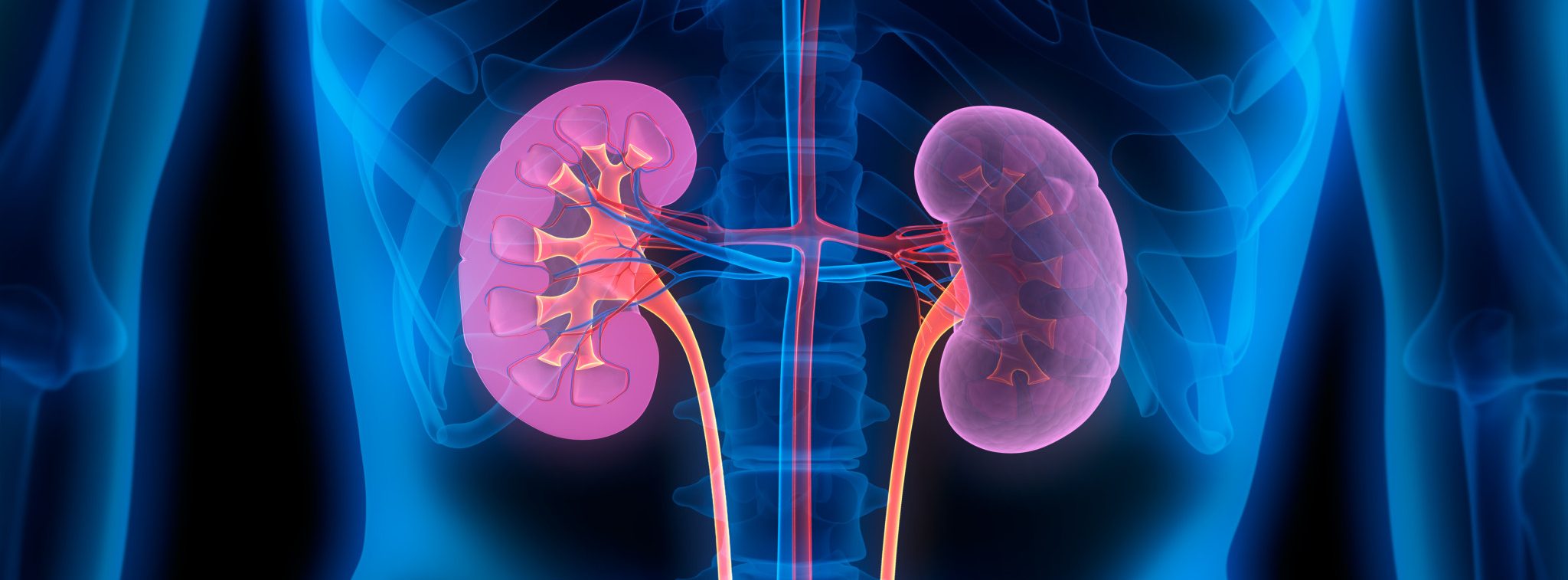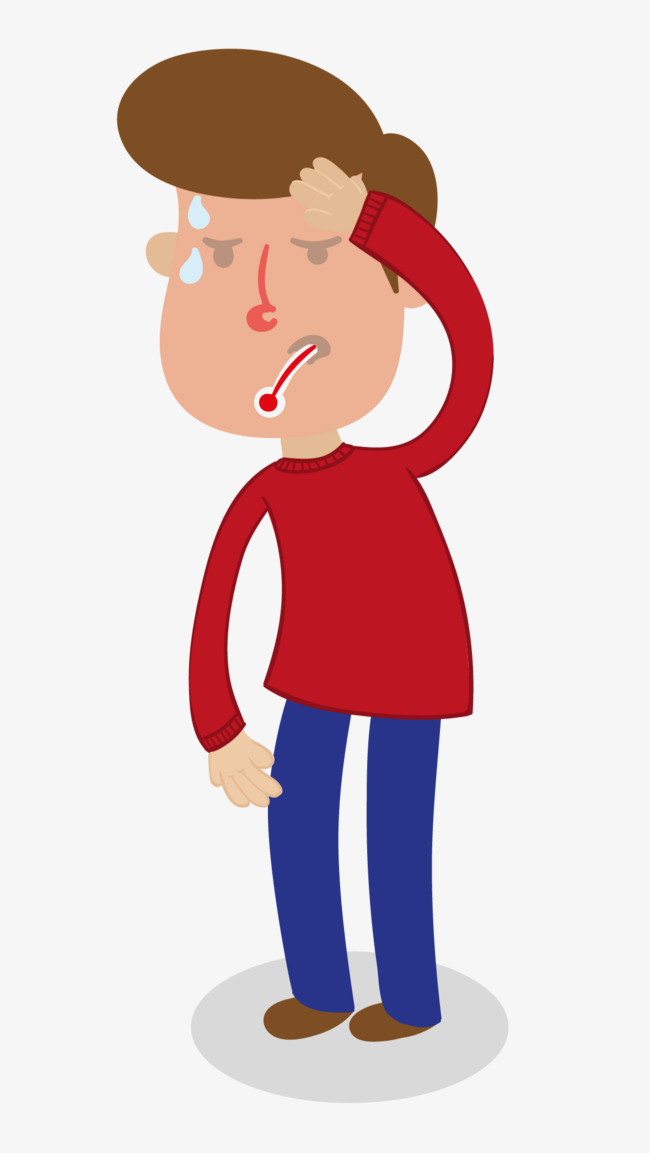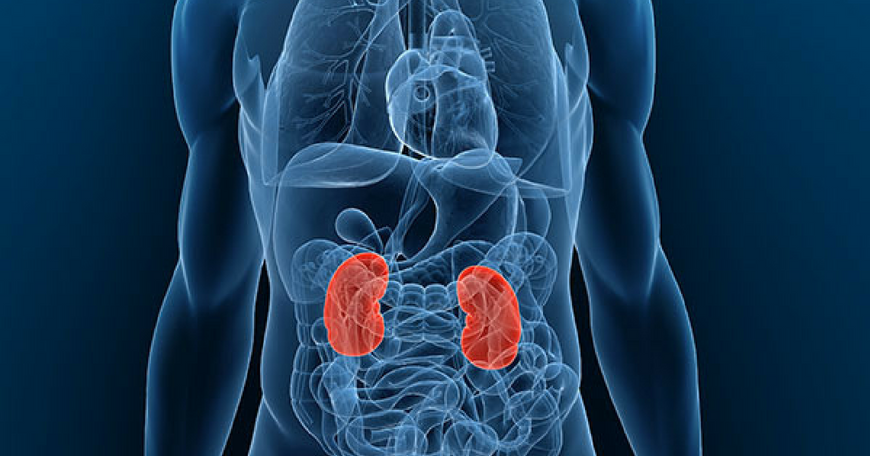Chronic Kidney Disease Symptoms You Should Not Ignore!!!
2,163 viewsRecent studies have been at pains to point out the increasing numbers of patients suffering from chronic kidney disease. One of the main factors causing kidney diseases is hypertension, something that affects 25% of adult African population today, and the numbers are only increasing.
This is also the cause for renal failure in 21% of patients on renal replacement therapy. With an overall prevalence rate of over 15%, chronic kidney disease (CKD) needs to be tackled with immediate effect.
What is Chronic Kidney Disease?

Chronic kidney disease, also known as chronic kidney failure, is basically the loss of kidney function over time. There are a number of types of chronic diseases that can lead to loss of kidney function. These are hypertension and diabetes among many others.
The kidneys are responsible for filtering out the wastes out of our bodies. When they begin to fail, these wastes too, begin to build up in our bodies. When this reaches an advanced stage it can cause a dangerous level of fluids, electrolytes, and wastes to build up in the body.
The treatment of this disease usually involves slowing down the progression of deterioration of the kidneys. This is done mainly by managing the underlying condition that has led to the kidneys failing.
In advanced cases, it is usually a case for artificial filtering of the body’s blood through dialysis. There are in all 5 kidney failure stages, the stage 3 kidney disease treatment is far more manageable than say a stage 5.
The worst part about this disease is that it is very difficult to detect, especially by those suffering from it. The symptoms of this disease are easily misconstrued and confused with other diseases.
People suffering from high blood pressure, diabetes, those with a family history of kidney disease, or those over the age of 60 are at a higher risk of CKD.
Here are some of the most common chronic kidney disease symptoms:

- Fatigue
This is an obvious symptom of a number of diseases and easily missable. A healthy set of kidneys produce something called erythropoietin.
This hormone instructs the body to create the all-important oxygen carrying red blood cells.
When the kidneys begin to fail they produce less and less erythropoietin. This results and fewer red blood cells to carry oxygen to various parts of the body, which can result in a fatigued body and brain.
This can also cause a buildup of toxins in the body which can cause people to feel tired, and present difficulties in concentrating.
- Feeling Cold
When you do not have enough red blood cells carrying oxygen around your body you can feel cold while others are feeling warm.
Anemia, or the lack of iron in your body, also caused by a lack of functioning red blood cells, is a cause for this symptom, something born out of kidneys that are functioning at an optimal level.
- Dry or Itchy Skin
A healthy set of kidneys helps clean the body of the toxins and wastes that build up in it.
When the body is unable to do that, these toxins can build up in the body. Moreover, healthy kidneys are also important to bone health. Dry and itchy skin can be a sign of mineral and bone disease that usually accompany failing kidneys.
When kidneys are no longer able to maintain a balance of the minerals and nutrients in the blood, it can cause your skin to react in this way.
- Frequent Urination
If you are waking up regularly at night to urinate it may be a sign that your kidneys are malfunctioning.
When your kidneys fail to filter at their best capacity it can cause the urge to urinate at odd hours and more frequently.
There are other reasons too, why this might happen, it could be a urinary infection or an enlarged prostate that could be causing it.
- When Food Tastes Metallic
When toxins and wastes build up in the body it is called uremia.
This can cause the change in taste that you observe. It can often make the food taste bad, or metallic.
People have observed that they often tend to stop eating meat and also start losing weight because of a lack of perceived appetite.
- Foamy Urine
If you are finding that your urine usually leaves a lot of bubbles or foam, and it takes a couple of flushes to get rid of them, it could be because of the excess protein in your urine.
It may even look like the foam we see when scrambling eggs since the protein, albumin, is the same as that found in eggs.
- Swelling or Puffiness
When your kidneys are leaking away urine it can cause serious puffiness around your eyes. When your kidney functions plummet they can also cause increased sodium retention in the body.
This is the reason why you see the hands and feet of kidney patients often swollen up.
It should be noted that this condition can also be a sign of heart disease, liver disease or chronic issues pertaining to the veins in one’s legs.
- Bad Breath
Many people who suffer from chronic kidney diseases often complain of bad breath.
This is mainly due to a buildup of toxins in the body and can cause a particularly ammoniac smell to your breath. The cause for this is uremia caused by failing kidneys.
Many people consider that lower back pain can be a symptom of kidney disease, it is not the case. The kidneys are located above your waist, on your back. If you feel pain in that region it could be a sign of kidney failure or kidney disease and you should consult a doctor. There are a number of ways of kidney failure treatment if it is caught in time. The most essential being treating the underlying conditions.
At Regency Medical Center we make sure that we provide all our kidney patients not only the best standards of consultation but also state-of-the-art dialysis services to ease their ailment.

